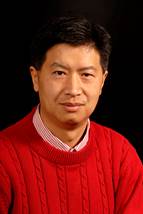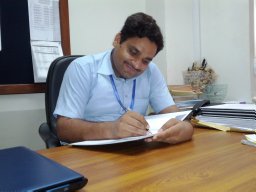A former associate dean for research at the University of Wyoming who was named as one of Clarivate’s Highly Cited Researchers for 2021 was sanctioned by the university years ago, Retraction Watch has learned.
Jun Ren, who studies the heart and diabetes, left Wyoming sometime in 2019 or 2020, according to a press release noting his citation achievements, after serving at different times as director of the NIH-funded INBRE program as well as associate dean. But following an investigation of his work between 2013 and 2015 that Ren says found “reckless mistakes” and “no intention to obtain specific results,” he was removed as director of what he says was a multi-million dollar research program and lost “administrative, editorial, grant review and advisor positions.”
Ren now says that he
Continue reading Exclusive: Former associate dean and ‘highly cited researcher’ was demoted by university







